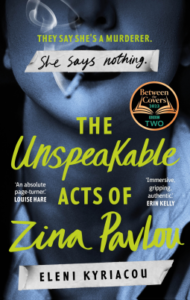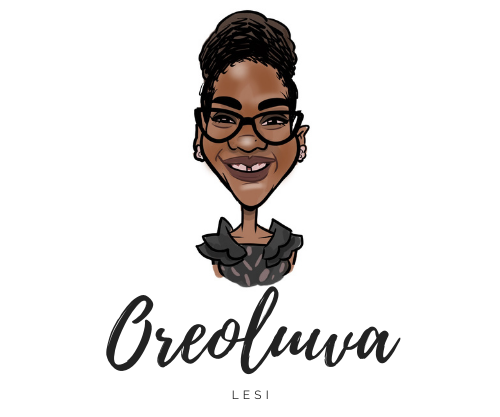
It is London in 1954 and Zina Pavlou, a Cypriot grandmother, waits quietly in the custody of the Metropolitan police. She has been accused of the brutal murder of her daughter-in-law and Greek interpreter for the Met, Eva Georgiou, is brought in to interpret for Zina.
This is a book that I could not put down. Once I started it, I was immersed in the 1950s London, where foreigners are barely tolerated unless they work hard and try to make themselves as English as possible, shedding anything that marks them as not from there.
So the cards are already stacked against Zina Pavlou. Not only is she accused of of murdering her daughter-in-law in a shockingly violent way, there is also the additional crime of not being able to speak English.
It certainly seems that Zina did it, but the blatant xenophobia that she faces leaves room for lingering doubt about if all the evidence being presented in accurate. The interactions between Zina and Eva are complex, as it seems that most of Zina’s relationships are. Although Eva is there strictly to interpret for Zina and to make sure that she understands all the charges against her and give her the opportunity to speak in her defence, Eva – against her better judgement – is pulled deeper into Zina’s world.
The prison life and courtroom scenes are so deftly drawn, so that I didn’t feel like I was reading about Zina and Eva. I was in that world with them.The author resists the attempt to make Zina either completely unlikable to match the heinous nature of her alleged crimes or a suppliant reed blown here and there by the vagaries of the hard life she has lived. Zina swings between rage, despair, and resignation. And you recognise that being unable to understand and speak the language of your accusers is very much like being a woman in a patriarchal culture. In both, you have no voice and no agency to stand-up for yourself.
What I appreciated most of all about this book is that it did not pull any punches in showing the hard reality of life for women and immigrants, while also peeling back the stereotypes to show the humanity that lies beneath.
I received the ARC from NetGalley to review.

Recent Comments